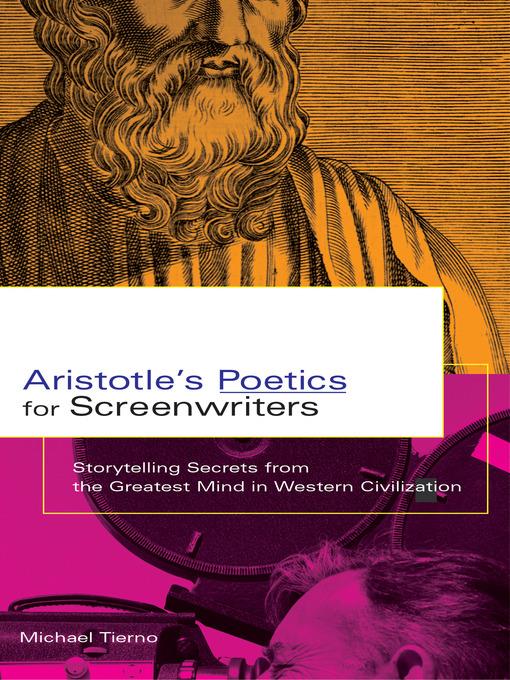
Aristotle's Poetics for Screenwriters
Storytelling Secrets from the Greatest Mind in Western Civilization
کتاب های مرتبط
- اطلاعات
- نقد و بررسی
- دیدگاه کاربران
نقد و بررسی

June 24, 2002
This earnest how-to puts a new spin on Aristotle as the master of philosophy, calling him not only the "greatest mind in western civilization," but also the "world's first movie story analyst." Asserting that Aristotle's Poetics
has become a standard for constructing movies that reach audiences (and studio heads), Tierno, a director and Miramax story analyst, shows how to apply the basics of the great work to one's own screenplay. He introduces the "Action-Idea" as the way to understand the demands of the story, and debunks the belief that, in Poetics, Aristotle mandates a three-act structure. He also lays bare how people misread Aristotle's advice to employ the "imitation of a serious action." Tierno stresses the importance of ditching subplots for a story featuring "one complete action" and constantly supports his points with examples of successful films, such as Titanic
and Rosemary's Baby. The frequent capsule plot summaries of favorites including The Godfather
and Gladiator
make Aristotle's instructions concrete, and Tierno helpfully breaks the movies down into plot essentials. Throughout, he is respectful but informal toward Aristotle. Tierno praises Aristotle for representing "beautiful truth," although the breeziness and the eager tone he takes may, at times, put off more serious readers. Still, screenwriters looking beyond the "three-act structure" mantra will find applicable strategies, and those who dismiss Aristotle as old hat will find their perceptions set straight with Tierno's modern movie examples. Agent, Susan Crawford.

























دیدگاه کاربران